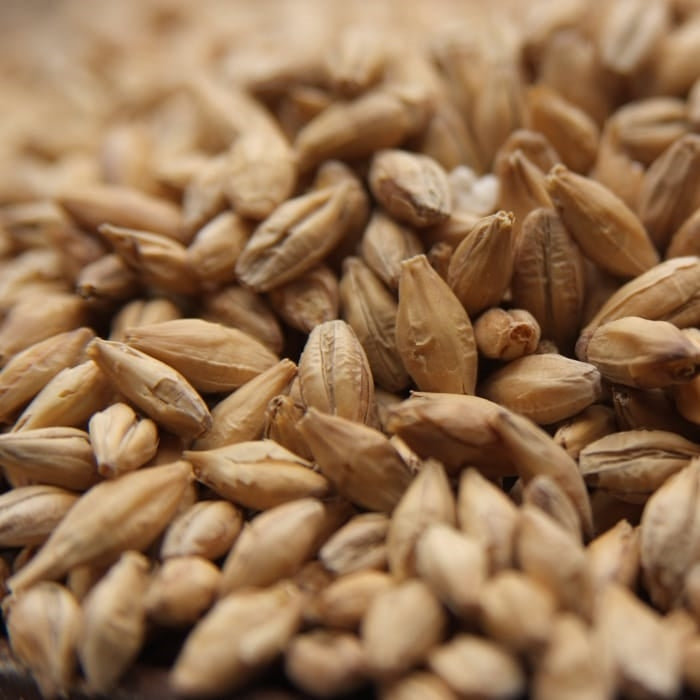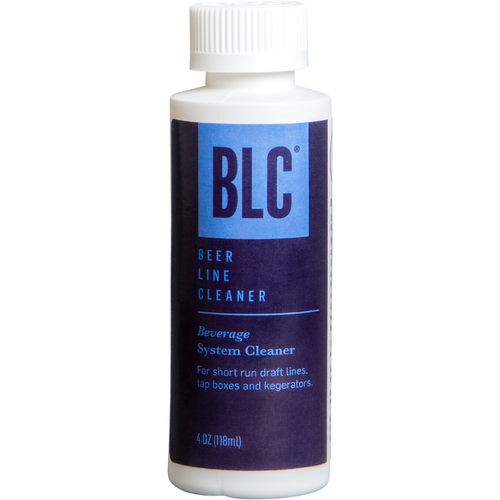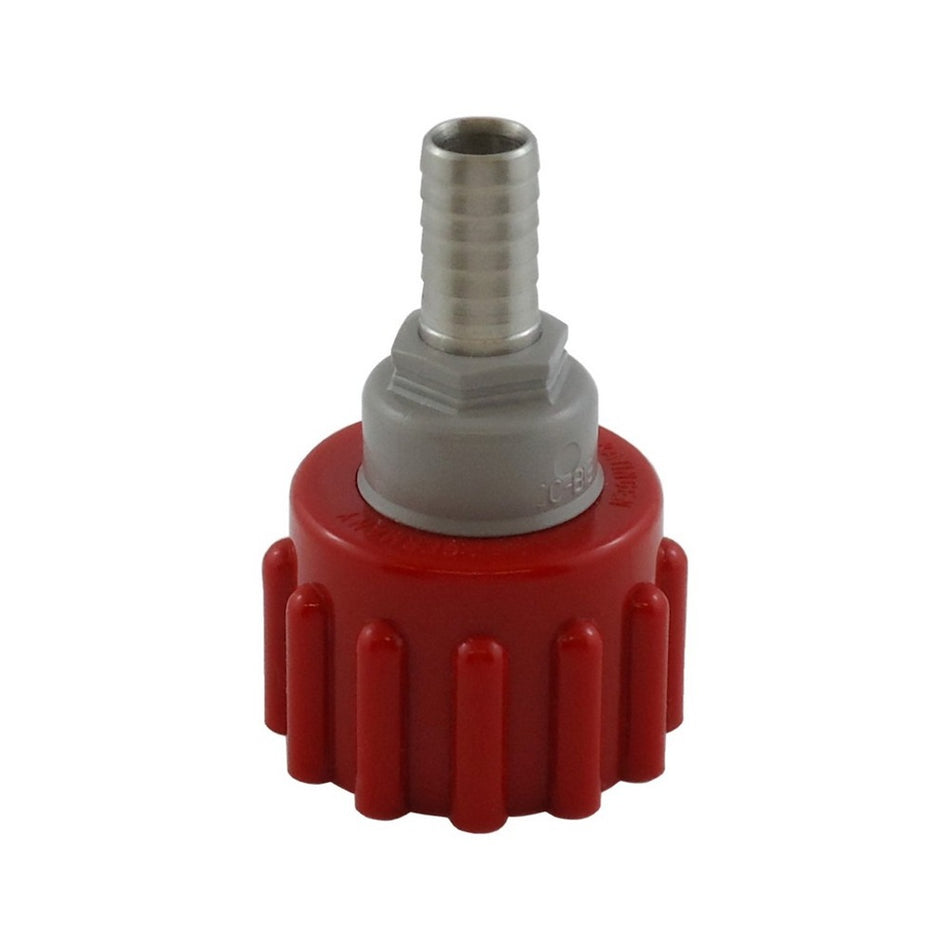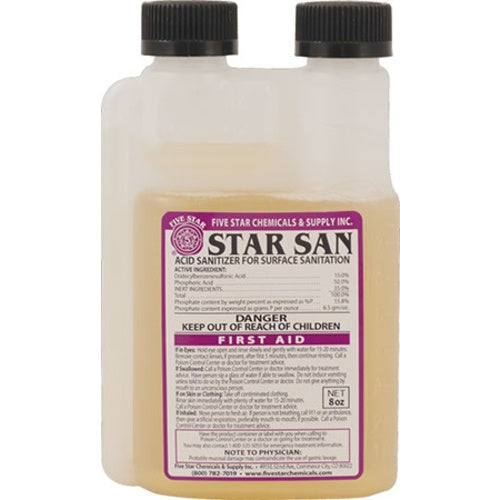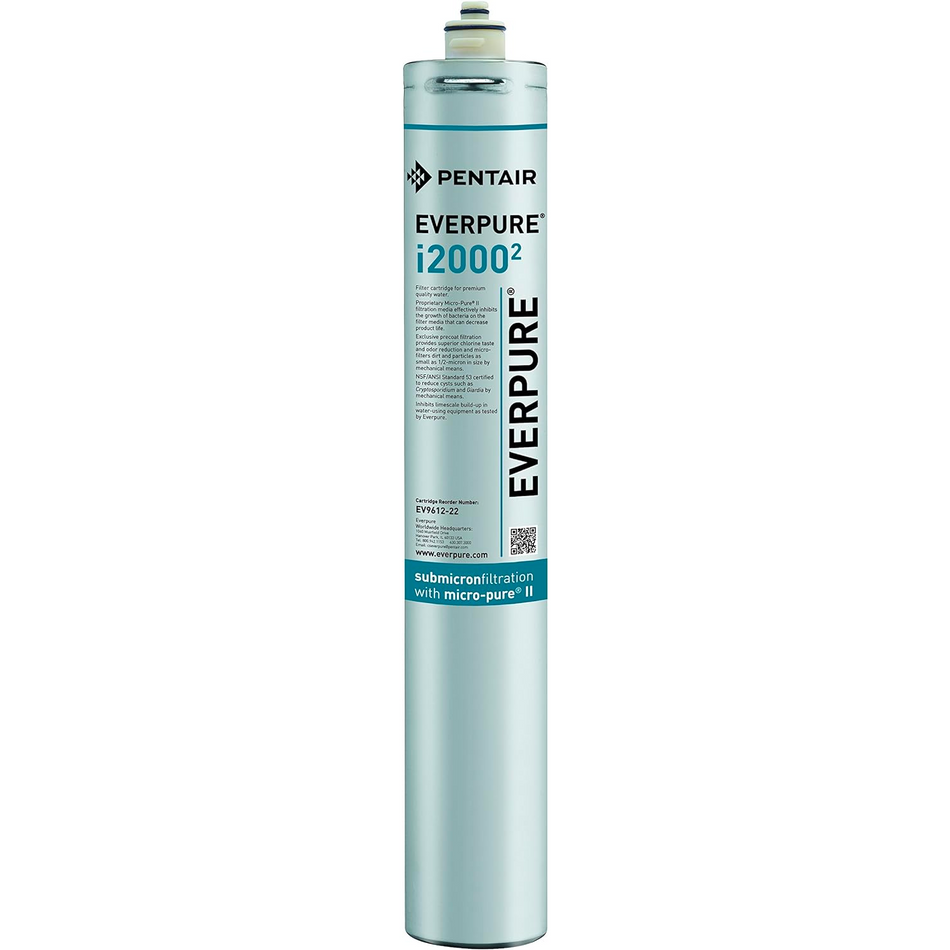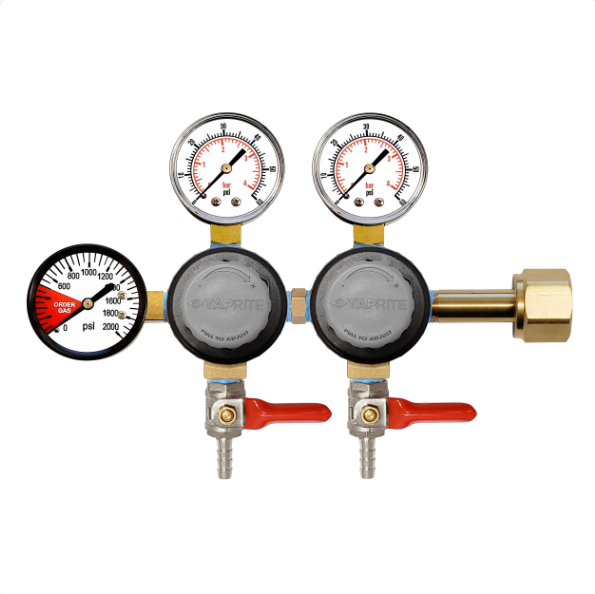Brew Better. Serve Smarter. Grow Faster.
Howdy Brewer is a one-stop shop and full-service distributor for breweries, home brewers, and beverage professionals. We provide everything from commercial brewing equipment, draft beer systems, and brewing ingredients to restaurant supplies, bar equipment, and coffee shop essentials. Our catalog covers brewery tanks, kegs, fittings, glycol chillers, and draft parts—alongside foodservice staples like kitchenware, cleaning supplies, and front-of-house barware. Whether you’re running a brewery, managing a restaurant, stocking a bar, or operating a café, Howdy Brewer makes sourcing simple by combining brewery supplies and foodservice distribution under one trusted partner. Since our founding, we’ve helped thousands of businesses save time and money with reliable products and fast delivery. Today, Howdy Brewer proudly serves customers nationwide as a leading supplier for breweries, restaurants, and the entire hospitality industry.


 Get Pro Pricing, 3% Back, 30-Day Terms & more!
Get Pro Pricing, 3% Back, 30-Day Terms & more!





